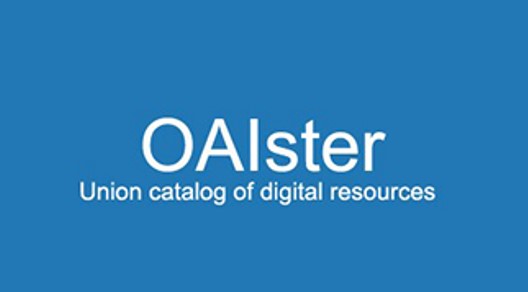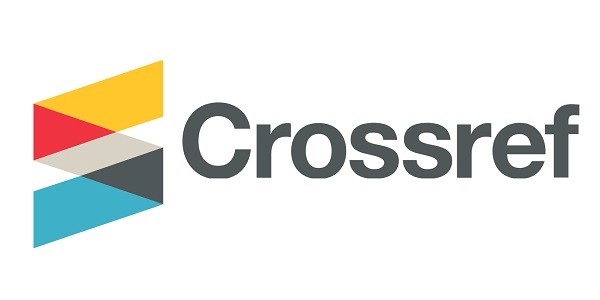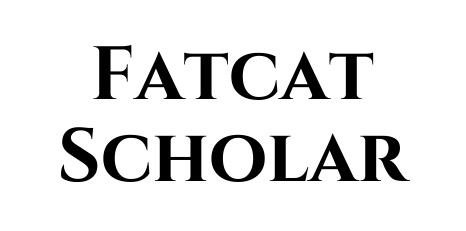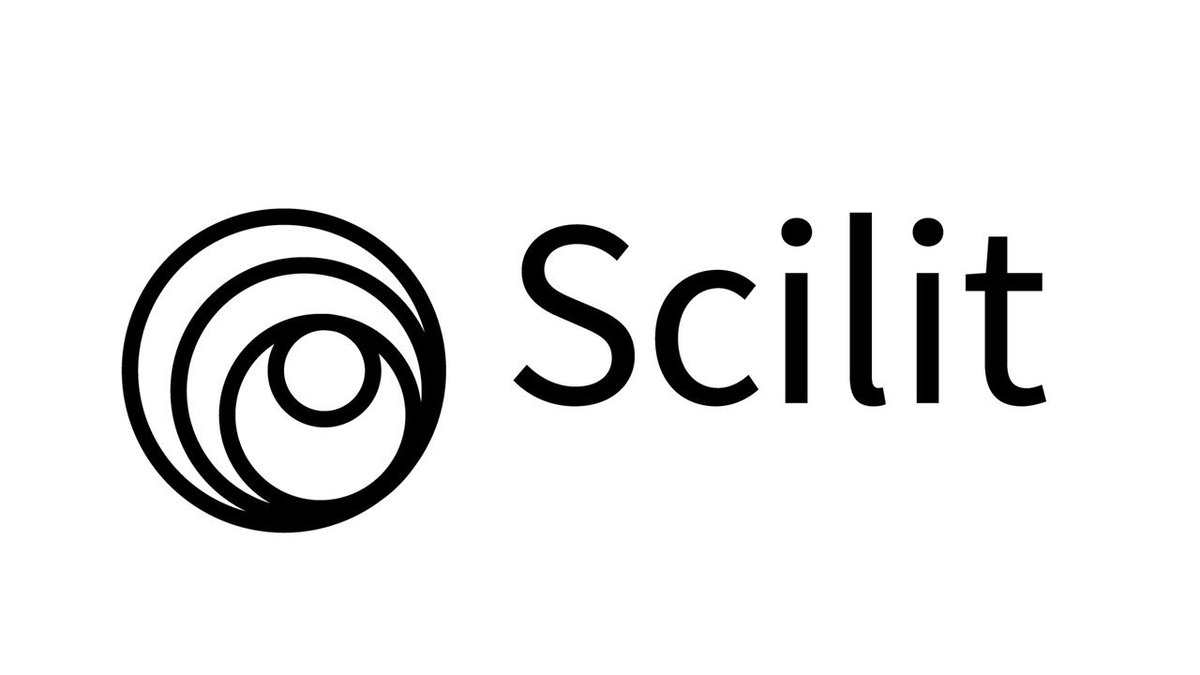A critical study of HRM models in the associative environment through the lens of the psychological contract
DOI:
https://doi.org/10.5281/zenodo.14731594Keywords:
Human resources management models; Association context; Associative actors; Psychological contract, unwritten agreementsAbstract
The objective of this article is to conduct a comparative study of the different approaches to HRM in an associational context; indeed, based on thoughtful theoretical foundations, this comparison lies at the crossroads of organizational practices in HRM in “associational” type organizations, which derive their legitimacy from several theoretical bodies. Thus, the objective is to determine the points of convergence, but also of the divergence between the different management models with regard to the theoretical corpus of the psychological contract, now considered as a theory of employment in its own right.
Consequently, we will review all the possible reading grids in associations, highlighting both their advantages and their limitations, before drawing up a comparative table that provides information on the depth and exhaustiveness of the analysis.
Downloads
Published
How to Cite
Issue
Section
License

This work is licensed under a Creative Commons Attribution-NonCommercial-NoDerivatives 4.0 International License.





























